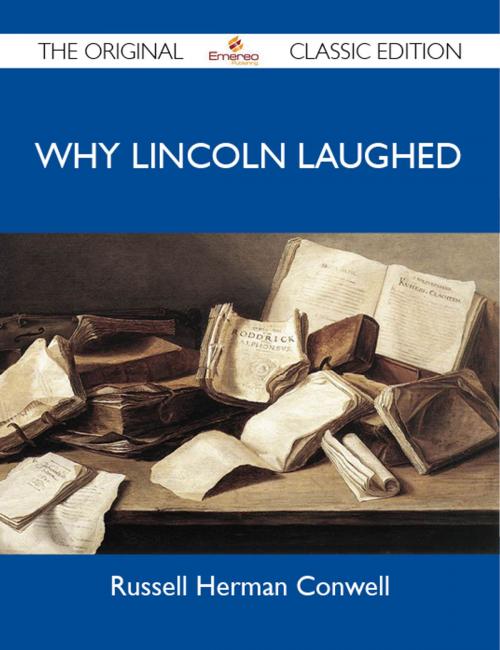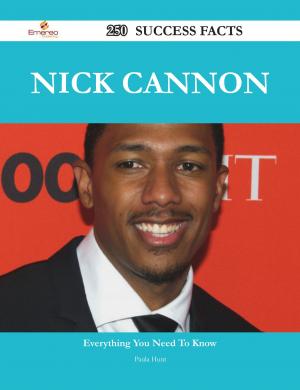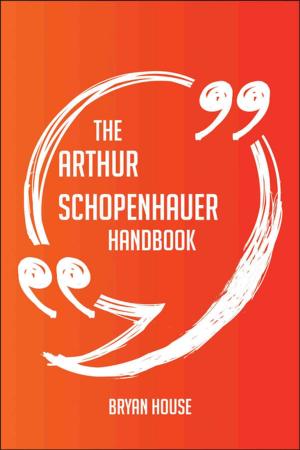Why Lincoln Laughed - The Original Classic Edition
Nonfiction, Reference & Language, Reference, Fiction & Literature| Author: | Conwell Russell | ISBN: | 9781486414420 |
| Publisher: | Emereo Publishing | Publication: | October 24, 2012 |
| Imprint: | Emereo Publishing | Language: | English |
| Author: | Conwell Russell |
| ISBN: | 9781486414420 |
| Publisher: | Emereo Publishing |
| Publication: | October 24, 2012 |
| Imprint: | Emereo Publishing |
| Language: | English |
The libraries are stocked with books about Lincoln, written by historians, poets, statesmen, relatives, and political associates. Why cumber the shelf with another sketch?
The answer to that reasonable question is in the expressed hope that great thinkers and sincere humanitarians may not give up the task of attempting to set before the people the true Lincoln. One turns away from every volume, saying, ?I am not yet acquainted with that great man.? Hence, books like this simple tale may help to keep the attention of readers and writers upon this powerful character until at last some clear and satisfactory portrayal may be had by the interested readers among all nations.
Neither bronze nor canvas nor marble can give the true image. Perhaps the more exact the portrait or statue in respect to his physical appearance the less it will exhibit the real personality. All pictures of Abraham Lincoln fail to represent the man as he was. The appearance and the reality are at irreconcilable variance.
Heredity may be a large factor in the making of some great men, and education may be the chief cause for the influence of other great men. But there are only a few great characters in whose lives both of those advantages are lost to sight in the view of their achievements.
Genius is often defined with complacent assurance as the ability and disposition to do hard work. That is frequently the truth; but it is not always the truth. Abraham Lincoln did much of many kinds of hard work, but that does not account for his extraordinary genius. He had the least to boast of in his family inheritance. His school education was of the most meager kind, and he had more than his share of hard luck. His most difficult task was to overcome his awkward manners and ungainly physique. His life, therefore, [Pg x]presents a problem worthy the attention of philanthropic scientists.
Can he be successfully imitated? Why did his laugh vibrate so far, and why was his humor so inimitable? If the suggestions made in this book will aid the investigator in finding an answer to these questions it will justify the venturesomeness of this volume in appearing upon the shelf with such a great company of the works of greater authors.
The libraries are stocked with books about Lincoln, written by historians, poets, statesmen, relatives, and political associates. Why cumber the shelf with another sketch?
The answer to that reasonable question is in the expressed hope that great thinkers and sincere humanitarians may not give up the task of attempting to set before the people the true Lincoln. One turns away from every volume, saying, ?I am not yet acquainted with that great man.? Hence, books like this simple tale may help to keep the attention of readers and writers upon this powerful character until at last some clear and satisfactory portrayal may be had by the interested readers among all nations.
Neither bronze nor canvas nor marble can give the true image. Perhaps the more exact the portrait or statue in respect to his physical appearance the less it will exhibit the real personality. All pictures of Abraham Lincoln fail to represent the man as he was. The appearance and the reality are at irreconcilable variance.
Heredity may be a large factor in the making of some great men, and education may be the chief cause for the influence of other great men. But there are only a few great characters in whose lives both of those advantages are lost to sight in the view of their achievements.
Genius is often defined with complacent assurance as the ability and disposition to do hard work. That is frequently the truth; but it is not always the truth. Abraham Lincoln did much of many kinds of hard work, but that does not account for his extraordinary genius. He had the least to boast of in his family inheritance. His school education was of the most meager kind, and he had more than his share of hard luck. His most difficult task was to overcome his awkward manners and ungainly physique. His life, therefore, [Pg x]presents a problem worthy the attention of philanthropic scientists.
Can he be successfully imitated? Why did his laugh vibrate so far, and why was his humor so inimitable? If the suggestions made in this book will aid the investigator in finding an answer to these questions it will justify the venturesomeness of this volume in appearing upon the shelf with such a great company of the works of greater authors.















